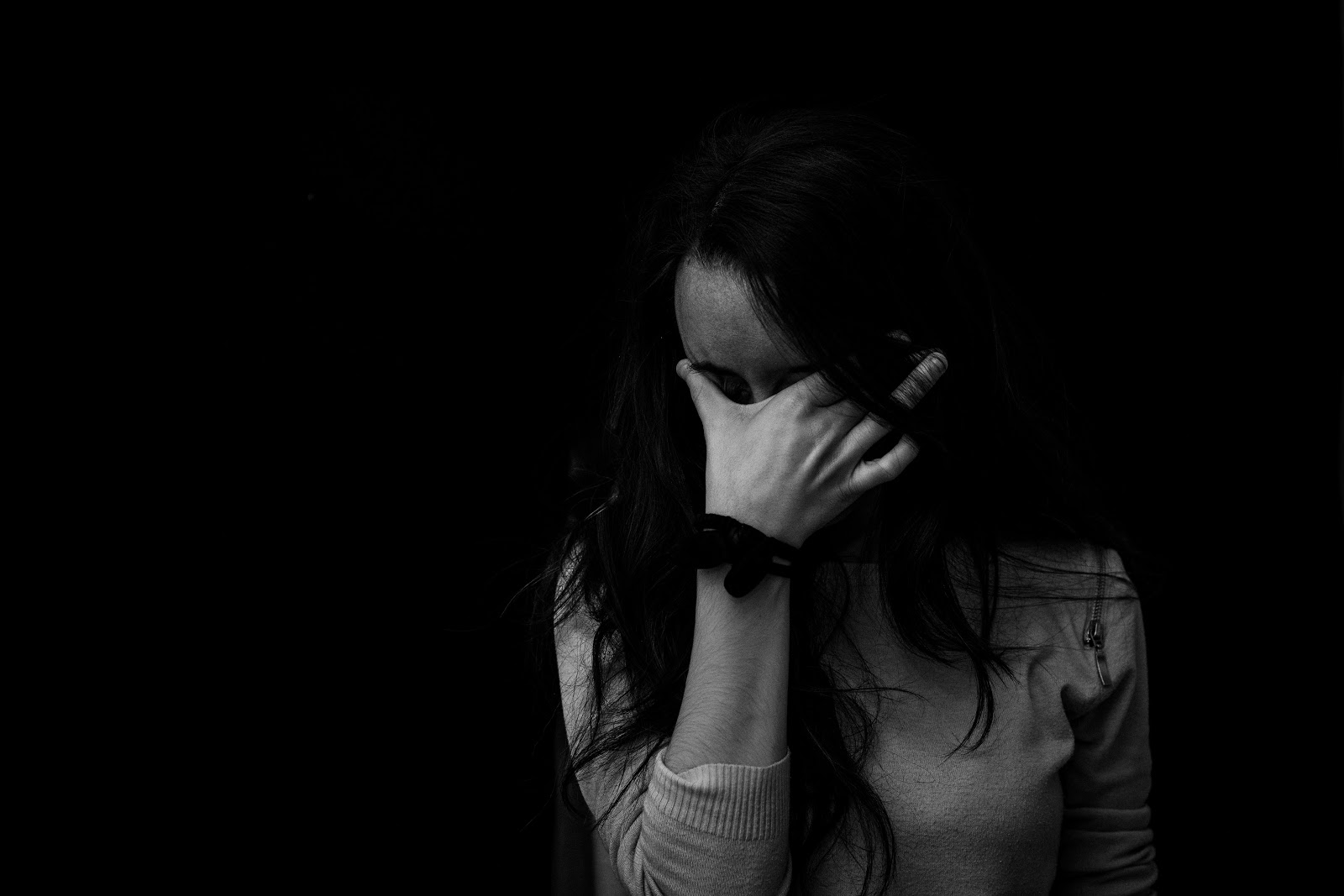Services
Have you experienced chronic, consuming worry or fear about circumstances in your daily life? Do these feelings conflict with your daily routine, and are they hard or impossible to control? Does the worry outweigh the actual threat?
While encountering anxiety from time to time is something everyone experiences, frequently experiencing intense anxiety is an indicator that there’s something more going on: an anxiety disorder.
If this sounds familiar, have no fear. For one, anxiety disorders are common, and you aren’t alone. Also, there’s hope. Any type of anxiety disorder can benefit from treatment.
Anxiety disorders are so common that they are the most common mental health illness in America.
About 31.1% of adults in the United States will experience an anxiety disorder at some point in their lives.
Here in Delaware alone, one out of every eight adults has received a diagnosis for an anxiety disorder.
So, what exactly classifies as an anxiety disorder?
Anxiety is not one size fits all. There are many different types of anxiety disorders that all have various symptoms and descriptions. These include, but are not limited to:
Conditions related to anxiety disorders include obsessive-compulsive disorder (OCD) and post-traumatic stress disorder (PTSD).
OCD is when intrusive thoughts become fixations or obsessions, which results in compulsive behavior. PTSD occurs when a traumatic experience results in intense thoughts and feelings related to the event long after the trauma has occurred.
So, what is it like to live with an anxiety disorder? The most common symptoms of anxiety disorders include disproportionate levels of fear and/or worry. However, there are many more symptoms to consider.
While all anxiety disorders have different symptoms, there are some common indicators that you could be experiencing an anxiety disorder. These include:
If any of this sounds familiar, you could have an anxiety disorder.


Anxiety disorders can be attributed to a whole host of things, including genetics, brain circuitry, stressful environments, substance withdrawal or use, and certain medical conditions.
There are also things that put you at risk for anxiety. Some of the risk factors of anxiety disorders include:
What do you do if you suspect you or a loved one may have an anxiety disorder?
The first thing you should do if you suspect an anxiety disorder is to visit your primary care doctor.
While there aren’t lab tests that can diagnose anxiety, they may be used to ensure a health condition isn’t the reason for symptoms of anxiety.
This is important because medical conditions can produce symptoms similar to that of an anxiety disorder. These conditions include, but aren’t limited to, heart disease, respiratory disorders, and thyroid problems.


If medical conditions are ruled out, it may be time to see a mental health specialist. A psychiatrist and various mental health professionals can diagnose and treat anxiety disorders.
Diagnosis includes a psychological evaluation and use of the Diagnostic and Statistical Manual of Mental Disorders (DSM) criteria.
Treatment can include psychotherapy and/or medications. A common example of psychotherapy, or talk therapy, is cognitive-behavioral therapy (CBT). CBT helps people develop new thought patterns, which help change behaviors and reactions.
The most common therapy used for anxiety disorders is cognitive-behavioral therapy (CBT). CBT is a form of psychotherapy that is known to be effective for anxiety disorders and helps patients identify and change their thought patterns. This helps with how people respond to problems and behave. Medications provide relief from anxiety symptoms and are often part of treatment.
While there is no guarantee that anxiety can be cured, it can be treated and managed. The symptoms of anxiety can be relieved, but not cured, by medications such as antidepressants or anti-anxiety medications. CBT helps to develop new, healthier thought patterns to combat anxiety.
Techniques such as meditation or mindfulness, which focuses your attention on the present, can help reduce anxiety quickly. Breathing techniques and focusing on your senses helps bring you back to the present. Avoiding caffeine, alcohol, and sugar can help quell physical symptoms. Enjoying relaxing activities such as taking a walk or a bath can also reduce anxiety.
The major types of anxiety include social anxiety disorder, specific phobia(s), panic disorder, agoraphobia, generalized anxiety disorder, and separation anxiety disorder.
The capable team at SUN Delaware has been serving our community for years. Reach out to begin your journey to recovery.